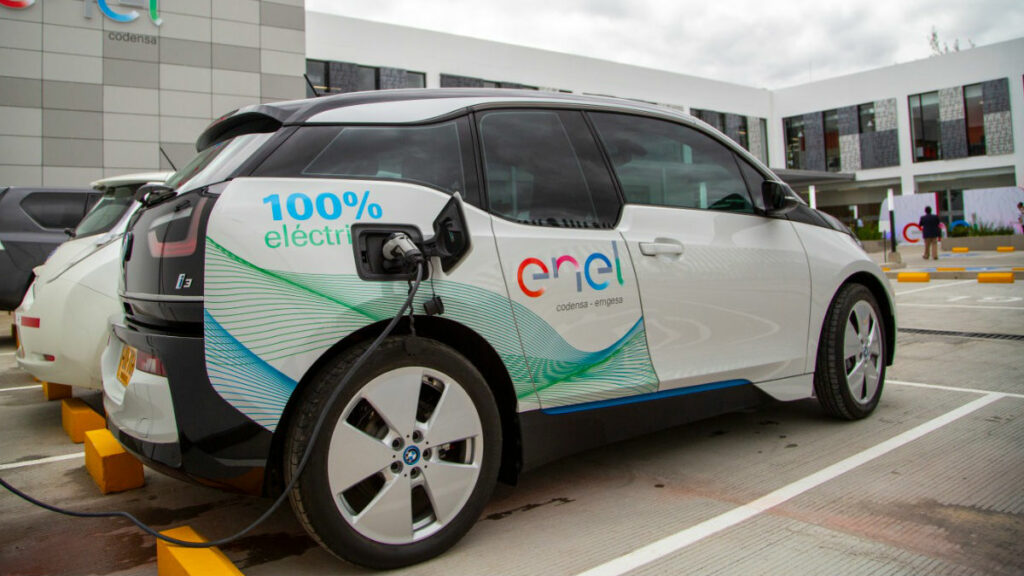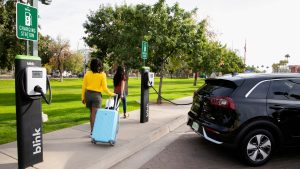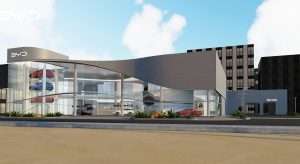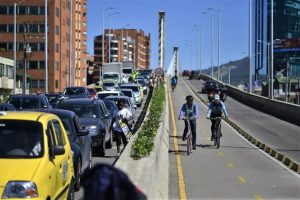Latam Mobility closes 2021 with a flourish after holding the last Videocafé Series of the year, a digital space where representatives of leading companies from the mobility sector report on their progress and offer points of view regarding the energy transition and innovations being developed in Latin America.
Led by Jorge Suárez, Commercial Director of VEMO and advisor to Latam Mobility, this time the topic “Sustainable Mobility: Innovation and Trends on Corporate Mobility” was discussed, with distinguished experts from prestigious companies like Renting Colombia, IUSA, Lumo Mobility, Enel X and Element Fleet Management.
Carlos Serrano, Sustainable Mobility Leader at Renting Colombia highlighted the importance of the transformation towards electrification, an aspect on which they provide cooperation and support services to companies for the operation of their fleets, with strong alliances to assume the investment risks of their clients.
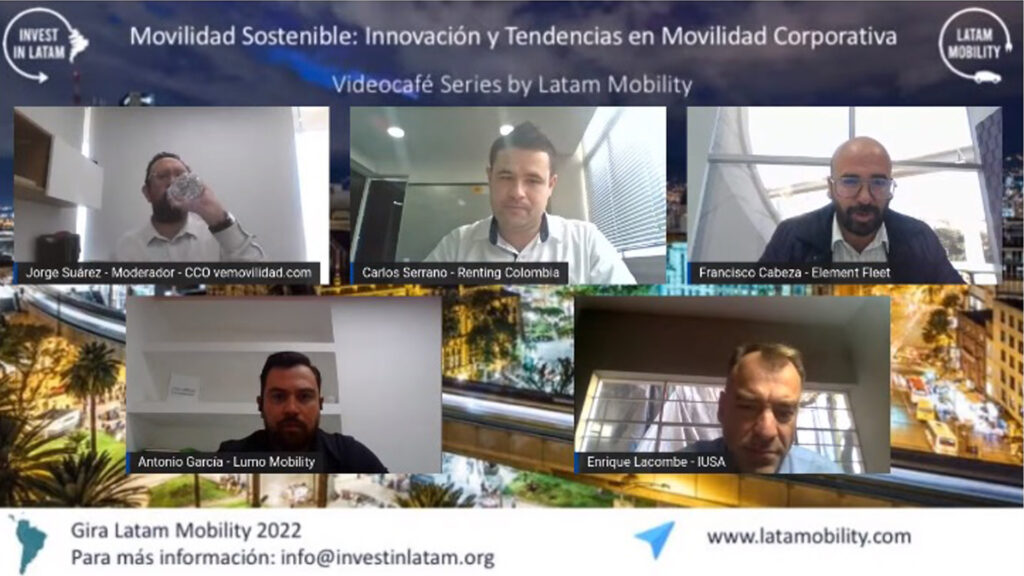
He explained that after the last two years, they have achieved that electric fleet operating costs are equal to those of combustion vehicles. He also reported that Renting currently has 120 SMEs using sustainable automobiles.
Among the challenges facing the world of electric mobility, Serrano pointed out that “it is important to increase public charging infrastructure and government support throughout the transition required”.
“We need to implement clear policies to strengthen the workforce for vehicle maintenance. It is essential a cultural transformation to embrace changes and break myths for openness”, he pointed out.
The Leadership of Enel X
Nhiura Coaquira, Head of Business Development Latam ebuses | eCity – Enel X, emphasized that the company is at the forefront of the electric bus line in Latin America, with innovation, sustainability and circular economy projects as priorities.
She celebrated that the region is experiencing a total revolution on electric mobility, with important bidding processes for public transportation projects in Chile and Colombia.
“Our proposal is to be a major player regarding business model innovation in both public and private sectors, including mining and oil fleets.”
Coaquira explained that their circular model provides the client with a modular solution customizable. Specifically, they present a comprehensive solution based on fleet electrification, energy efficiency, charging infrastructure, green energy storage and digitalization to leverage technology with Big Data and telematics, aiming to reduce risks and costs, which simplifies the process and makes it attractive.
“Success depends on the perspective you give to the project; it is a challenge still in process of maturity, with the impact that the use of the second battery may have. Technologically speaking, the barriers have been overcome, the innovations have been tropicalized and the most important challenge is the infrastructure,” she concluded.
Evolution of IUSA
Enrique Lacombe, Mobility Director at IUSA, related how the company has been transforming itself throughout 80 years of history, and remains at the forefront of technology.
“Our trend is toward innovation such as electric mobility, which is why we are manufacturing vehicles in Mexico that are 100 percent electric. We specialize on public transportation, vehicle development for cargo such as private and public cabs, and we also have several projects for airport fleets at different cities,” he explained.
Lacombe considers that the cost issue is fundamental for society to understand how important and beneficial it is to join fleet electrification.
He explained that between year five and six, the electric vehicle cost drops drastically, which represents a 20 percent saving compared to a conventional car. “If we manage to make the first five years similar to a diesel, from year six onwards, it becomes very interesting even though the initial investment is still much higher.”
The IUSA executive also emphasized the drivers’ role and their good training to operate these cars, since, depending on how they are used, the autonomy may vary between 180 and 250 kilometers.
The Role of Public Sector
Antonio Garcia de la Torre, Deputy Director of Customer Service at Lumo Mobility, revealed that his consultancy focuses on the government sector, with the largest fleets being patrol cars, ambulances and trash compactors.
“We are evolving and transforming ourselves to bring the customer up to speed on new trends. We are reviewing what type of vehicles to incorporate for the electricity generated by a patrol car. That is one of our biggest challenges,” he said.
Garcia de la Torre said that Lumo Mobility has vehicles on the market designed for everyday use and not as demanding as government vehicles. He also informed that they are in conversations with brands with agreements to see which units meet the needs of each client.
He assured that within their activities they are committed to society and the environment, considering that “electrification is not the future but now. We are on the right track”.
Finally, Francisco Cabeza, EV Lead at Element Fleet Management, pointed out that the company is present in more than 50 countries and has 3 million leased vehicles on the market. He emphasized that they participate on ambitious electric mobility projects with partners such as Enel, promoting environmental change.
Regarding the company’s specific activity, he emphasized that “We are accompanying clients in all the steps: we visualize the energy source, the infrastructure, we validate on-site generation and maintenance with telemetry and chargers. We take an x-ray of the client’s operation and tell them which one is the most suitable, along with the chargers, so the entire lease can be an optimal experience”.
Regarding the learning they have had during this transition stage, a very important lesson has been the frustration encountered many times with fleet operators. “We have met with frustrated decision-makers because they don’t understand that this is new. We have had to accompany people through this process, explain how the technology works and train drivers on how they can optimize the vehicle”.
This way, Latam Mobility successfully completes the 2021 Videocafé series, with the perspective that in 2022 will strengthen out commitment and continue promoting mobility, with participation from more experts and companies that contribute to the evolution and transition towards new sustainable technologies.

